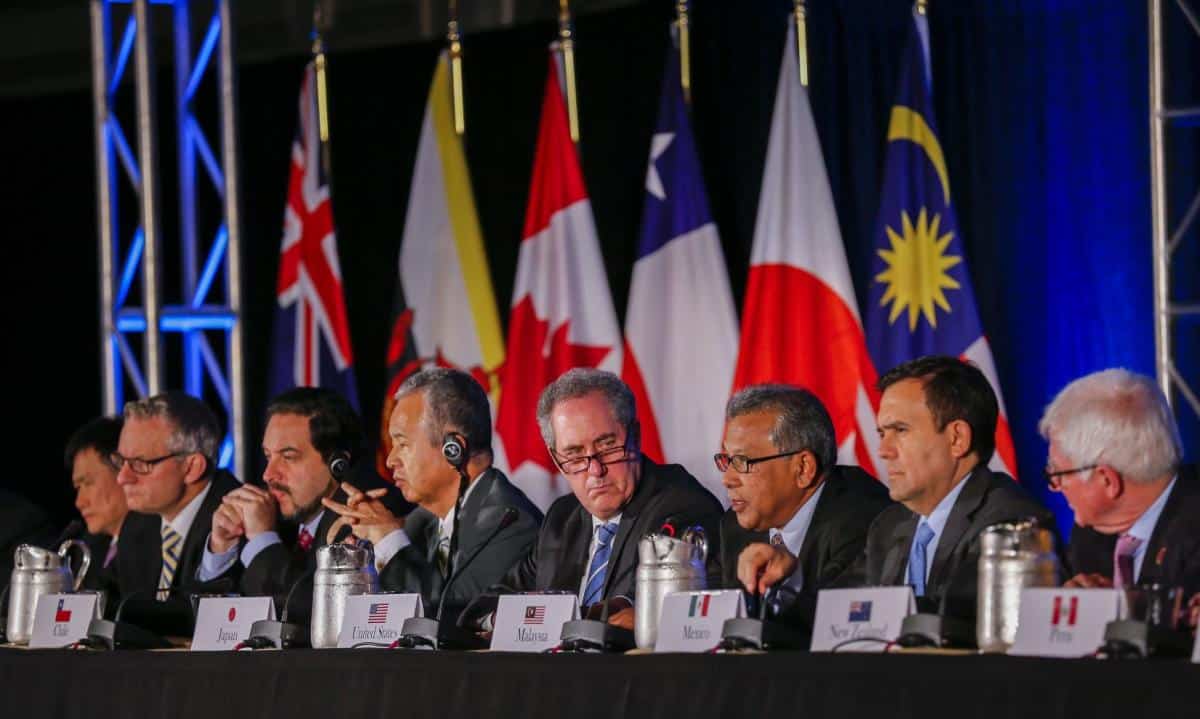One of the most significant change would be the removal of the minimum paid-up capital of S$50,000 needed for entrepreneurs to enter Singapore.
While the world gets swept up in the inward-looking populist movement and rhetoric, most notably in the United States and the United Kingdom, the Singapore Government is taking steps to position the country as an open and welcoming city for budding startups to set up their business here .
Coming off the well-received announcement of increased support for Small and Medium Enterprises (SMEs) during Budget 2017, the Government is introducing the Startup SG umbrella. The Startup Sg programme aims to bring together startups under a “coherent brand identity,” while providing these entrepreneurs with ample support to succeed.
Image Credit: Robert Lowe on Flickr
More than just a rebranding scheme, the programme also involves several changes to the EntrePass system, to widen the scope of companies that will be allowed entry into Singapore. Amongst the changes, one of the most significant change would be the removal of the minimum paid-up capital of S$50,000 needed for entrepreneurs to enter Singapore.
Moreover, the visas for those under the EntrePass system will now be extended to two years from the current one year. The Minister of State for Trade and Industry, Dr. Koh Poh Koon, also noted that “we will also broaden the evaluation criteria for global startup founders with an established track record to explore the startup scene here.”
Dr. Koh expanded on what else the scheme would entail, remarking the importance of “deep-tech areas like medical technology, clean technology, and advanced manufacturing.” As the government moves to support these areas, they will be doubling the investment cap from the government’s co-investment portion from S$2 million to S$4 million, and the percentage for the fundraising would no longer need to be on par, but will be increased to 70%.
Rejecting Global Protectionism
As Dr. Koh mentioned in his speech in Parliament, “the rising global protectionist sentiments that emerged in 2016 present us with the opportunity to position Singapore as an attractive startup location for global talent. Foreign entrepreneurs have the capacity to add to the vibrancy of our startup scene. They complement our local startups through the cross-fertilisation of ideas, catalyse new partnerships and create good jobs for our people.”
Despite the world’s current view of globalism as passé, Singapore is one of the few nations working to combat the increasingly protectionist global sentiment – and it’s no surprise either. For a nation so dependent on free-flowing trade and healthy investments, with two-thirds of Singapore’s gross domestic product (GDP) being derived from external demand and 19,000 workers being employed by foreign startups at last count in 2015, the government’s move to go on the offensive is a step taken in the right direction.
The decision to court unlikely partners and pursue fresh opportunities, particularly in newer economies, is one that might shift global sentiment back to free trade – at least that is what some believe. In an interview with Business Times, Francis Tan of UOB Bank said that “though small, the Republic is among the top 15 trading nations in the world, which means it can leverage its buying and selling power to get its way.”
It’s uncertain whether these schemes – and by extension, Singapore’s push for free trade – will ensure the desired result. However, the government’s development of a nascent yet promising platform for startups, to scale up and serve a global audience, is hopeful and forward-looking, and to that goal, we say majulah.


















